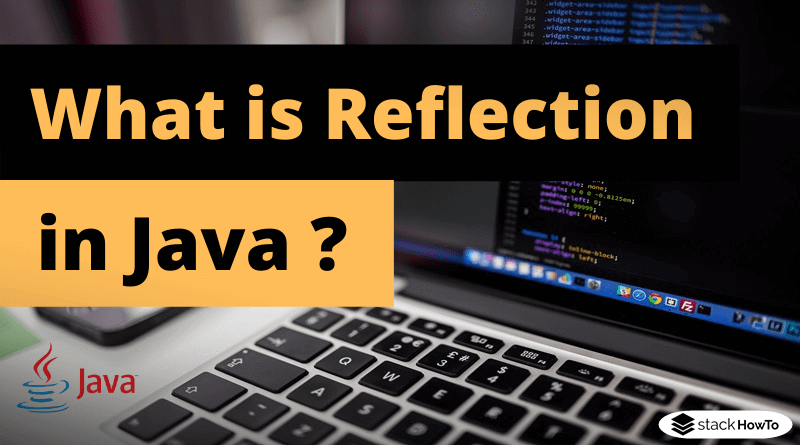

The fundamental rules of the ‘global’ keyword are as follows: If you make any changes inside the inner() function global keyword variable ‘integ’, will reflect outside of the scope, as a behavior of the global keyword. Outside of the main() function, the variable ‘integ’ takes the value of the global keyword declared inside the inner() function i.e., integ = 20 as you used the global keyword inside the inner() function local scope. You have declared the global variable inside the inner() function, which is nested inside the main() function.īefore and after calling the inner(), the variable ‘integ’ takes the value of the local variable main i.e. But maybe a quick following explanation will help for better understanding.

You can see the above output for the global in nested functions. Let's see an example for global in nested functions. When you declare a global keyword variable inside the nested function and when you change the global keyword variable inside the nested function, it will reflect outside the local scope, since it is used as a global keyword. But Python has some basic rules to use the ‘global’ keyword.
#JAVA REFLECTION GET VARIABLE NAME HOW TO#
You have seen what ‘global’ keywords are, their examples, and how to use global keywords. Use a global keyword to change the value of the global variable inside the function. Use a global keyword to create a variable in the global scope. That’s where the global keyword comes in the play, which helps to create global variables inside the function and which can be accessible in a global scope. Usually, when you create a variable inside a function (a local variable), it can only be used within that function. The keyword ‘Global’ is also used to create or declare a global variable inside a function. It is used to make changes in the global variable in a local context. Global keyword is used to modify the global variable outside its current scope and meaning. For example, you can create a local variable as shown below. To access the variable, you have to call the corresponding function. How to Create Variables With Local Scope in Python with Examples?Ī local variable's scope is a function in which you declared it. You will see the usage of Global Keywords in the following sections. That’s where the Global keyword comes into the picture. When you try to modify the global variable value inside a function, it will throw UnboundLocalError, because while modifying Python treats x as a local variable, but x is also not defined inside the function (myfunc()). Example:Īs it is evident, this throws an error. See the example mentioned below to understand better. So, you are accessing the value both inside and outside of the function, which is fine, but what happens if you try to modify the global scope variable value inside a function? In the example depicted above, you saw a global variable declared and accessed both inside and outside of the function. How to Access the Global Variable Inside and Outside of the Function? Example: To create a global variable in Python, you need to declare the variable outside the function or in a global scope.

You can access global variables in Python both inside and outside the function.ĭef fn1(): How to Create Global Variables in Python? In other words, variables that are declared outside of a function are known as global variables. In the programming world, a global variable in Python means having a scope throughout the program, i.e., a global variable value is accessible throughout the program unless shadowed.Ī global variable in Python is often declared as the top of the program. You will learn to create python variables with local and global scope. In this article, you will learn the first two types. There are four variable scopes in python: String getCorrelationKey(String correlationKeyName, TestContext context) else if (ntains( ".Variable scope means the area in which parts of a program can access the variable.


 0 kommentar(er)
0 kommentar(er)
